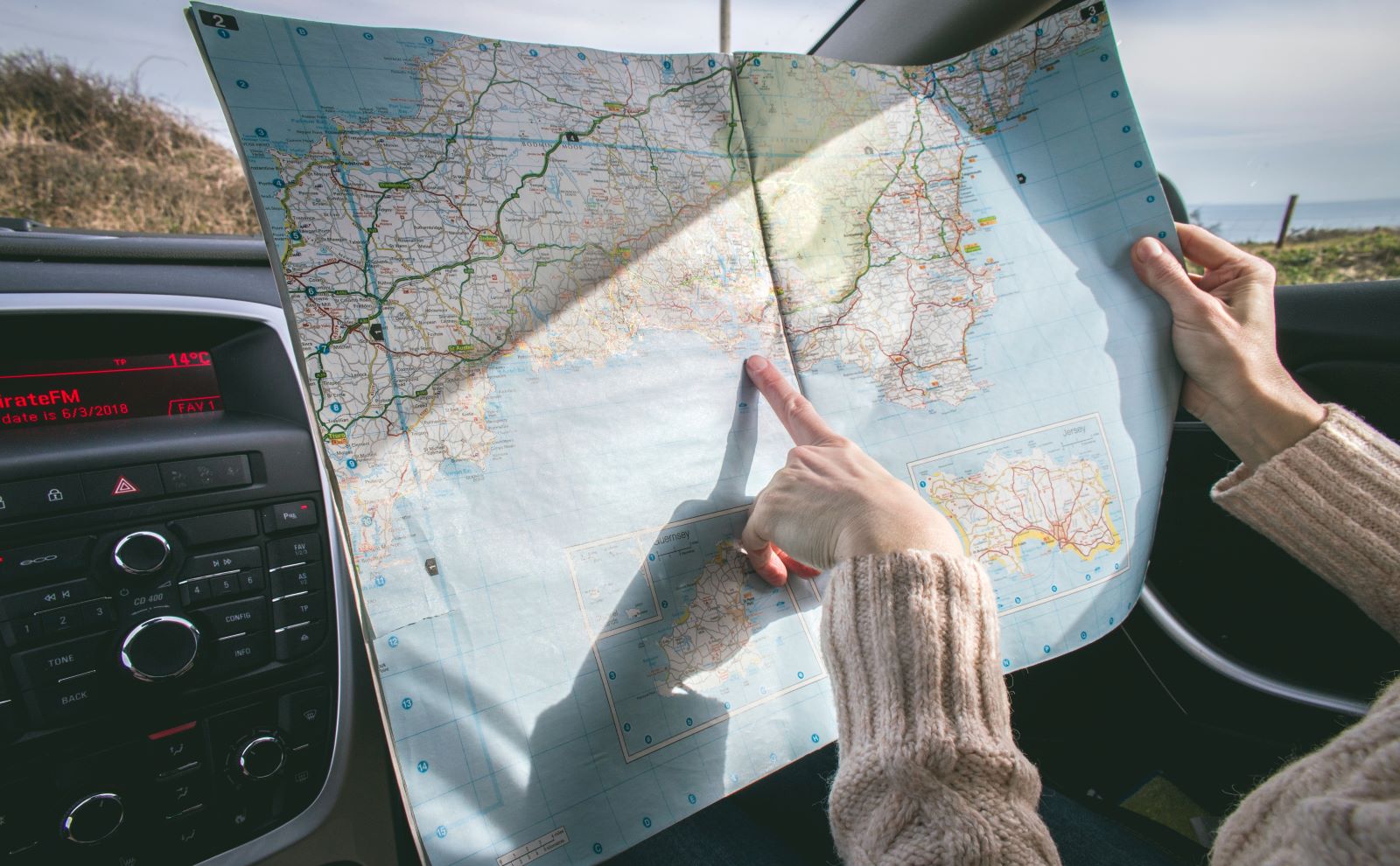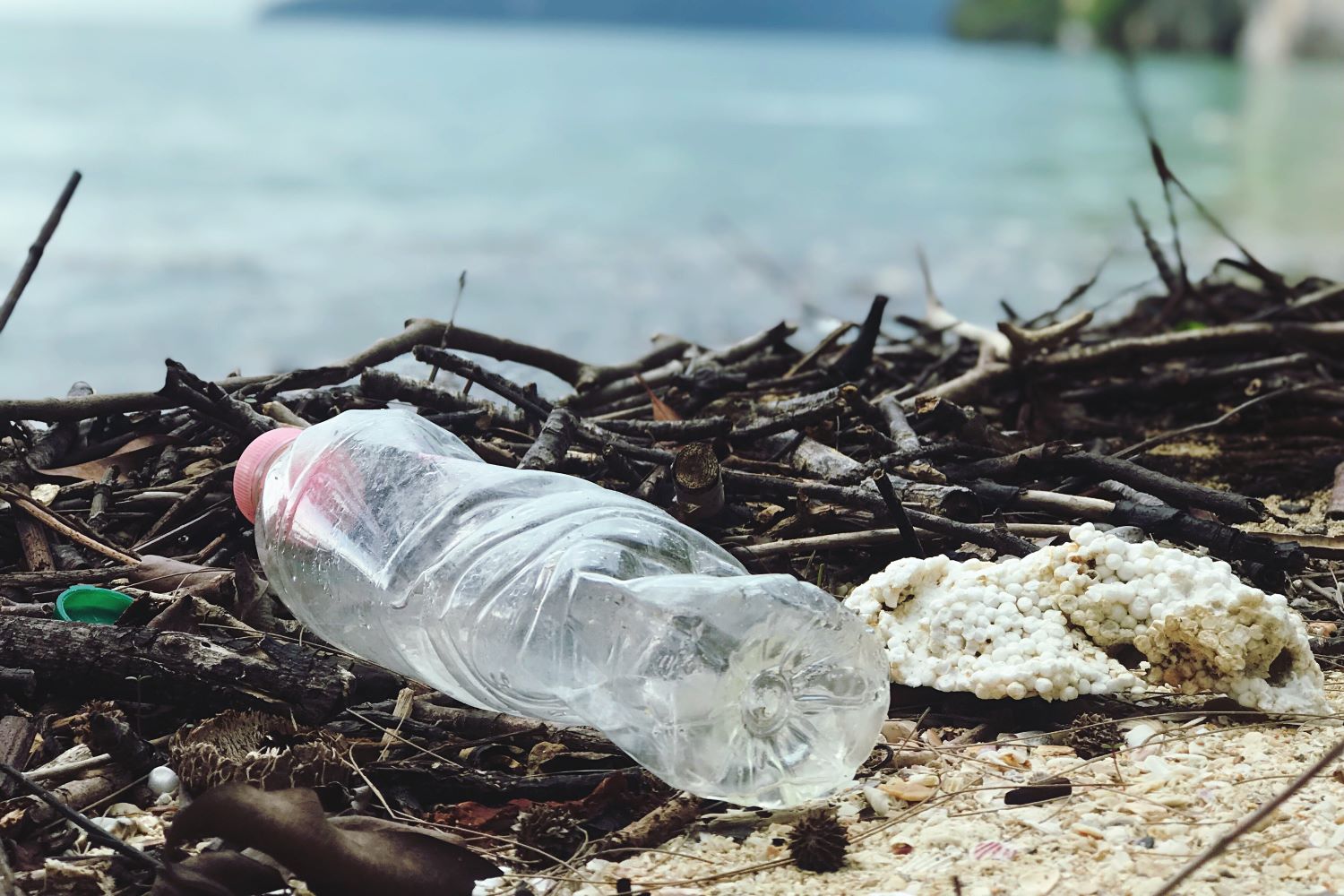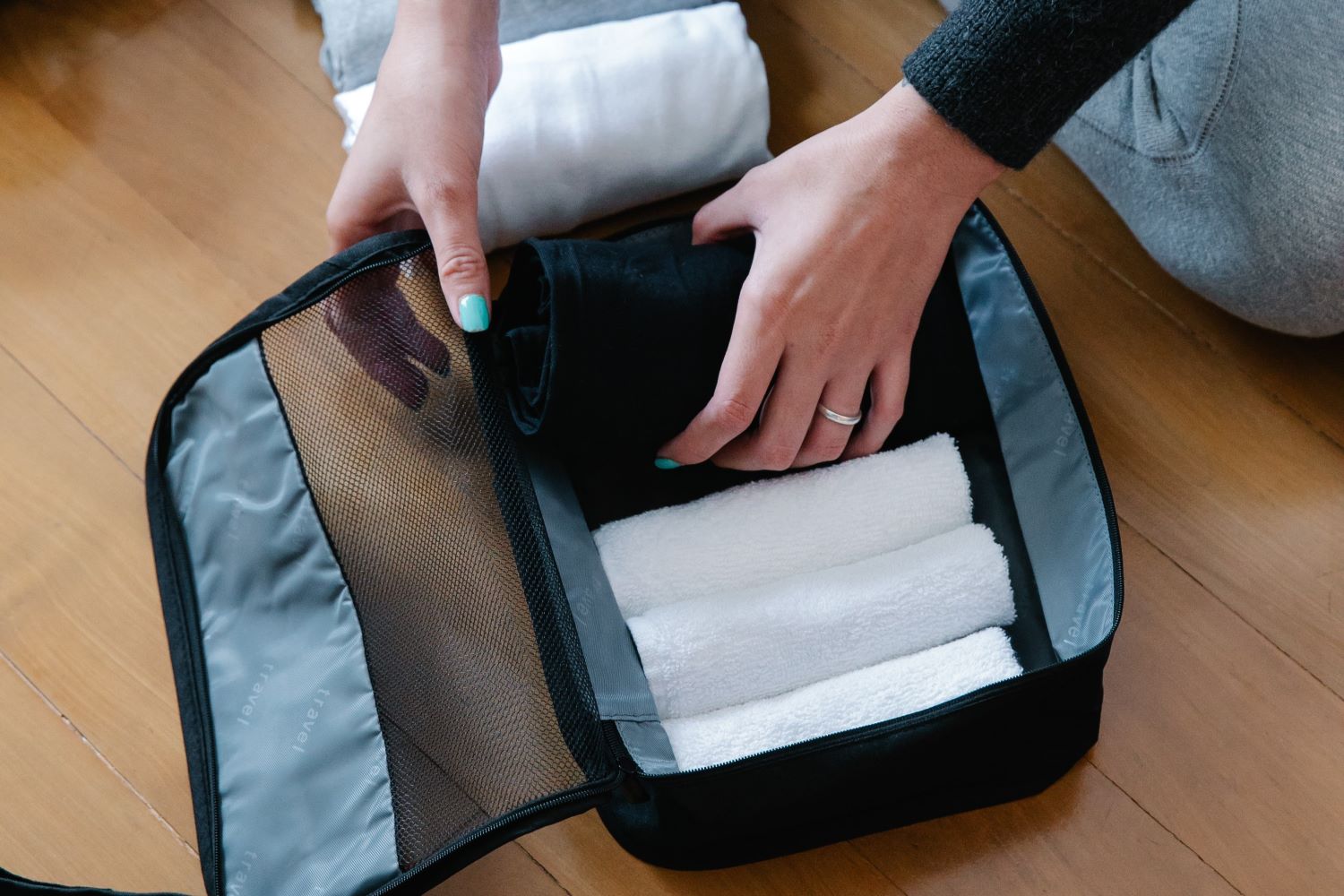Even though summer is nearly over, some of us still want to make some use of our hard-earned money to enjoy ourselves a little bit longer and take a break from the trials and tribulations of everyday life.
It’s no secret travelling has become an integral part of our vacation – and no wonder.
We thought it only fitting to talk about a little-known and niche subject – ecotourism.
What does it even mean? Is it just a brand-new iteration of greenwashing?
Don’t worry, it’s not.
Ecotourism, or green travel, is simply an extension of an environmentally friendly lifestyle in a very simplified and straightforward manner. It is essentially just sustainable tourism!
Just simple, actionable steps that can help reduce the environmental toll of any trip we take. It’s about taking responsibility and trying to do your part.
We've put together a few sustainable travel tips to consider when you are booking your next holiday.
How to Get There
All right, so you picked your dream spot and found a great hotel. Now all you have to do is find the best deal to reach your holiday destination and finally enjoy yourself.
Or maybe you start with transportation. Either way, there are a few things we could consider to make the travelling part of travel much more eco-friendly.
By now, we’ve heard how bad planes are for the planet, because of the incredibly high carbon dioxide emissions they release into the atmosphere.

So, what’s the remedy? Sticking to local trips?
Well, ideally, probably yes. That would indeed take care of the problem to a certain extent.
But there’s nothing wrong with having the desire to see the world, change scenery, explore and meet and connect with different cultures.
Admittedly, we often fail to see and recognise the charms and beauty of our own regions, so giving them a shot - is not a bad idea. Always try and consider local options before booking a holiday abroad.
But let’s say you have to take a plane to get to your holiday destination. Always try to find a direct flight, if you care about the environment.
How is that relevant? Well, did you know that the landings and take offs generate most of the carbon emissions?
Also, see if the flight service provider is participating in one of the IATA’s carbon offset programmes – these airlines try to take the necessary measures and develop specific technologies aimed at reducing carbon emissions.
A road trip or a flight?
With all the stigma around flying lately, a road trip seems like a better option. Well, not always.
First of all, as we’ve already mentioned – it’s not always possible.
Secondly – it depends on the distance and the fact whether you travel alone or not.
If it’s just you, then a plane would be a more environmentally-friendly option. For a group – yes, a car is much better, provided your destination is within driving distance, of course.

You can always rent an electric car for that very purpose, which makes your trip even greener.
There are other often-overlooked modes of transportation like trains, ships and buses – all quite eco-friendly, but not ideal if you’re short on time and they can some times prove particularly expensive.
Interestingly, the destination itself matters as well. There are more and less sustainable places to visit.
Green organisations went out of their way to raise awareness among holidayers by compiling a special list of eco-friendly destinations, like certain cities in Slovenia and Spain, or the tropical paradise of Palau, where visitors are required to pledge to protect the natural and cultural heritage and the local community.
Green booking
Okay, great. You’re finally here. Now you need a place to stay.
So - does it matter what kind of hotel you choose? And how you do it? Yes, and yes.
Let’s start with the second question. Booking.com is probably one of the most frequently used platforms, but websites like bookdifferent.com calculate your carbon footprint per night and award special eco-ratings to the accommodation facilities.

Also, there are plenty of green certification programmes that give their stamp of approval to specific places based on their practices, energy sources they employ, green initiatives they’re a part of, and many other different factors.
You can also ask directly about recycling, staff, products, energy technology or any other green solutions – it’s easy.
Where and when is important too
Two more things a truly environmentally conscious traveller should consider which are: when to travel and where to travel.
Generally speaking, it’s best to stay off the peak seasons.
Why? Typically, the prices are incredibly high, which makes tourists spend only a few days in their destination. That means more flying and a higher carbon footprint.
Obviously, we’re not going to tell you where you should go. But you might want to consider supporting the places around the globe that have suffered an environmental disaster.

They could certainly use your help - a good example would be Puerto Rico hit by a devastating hurricane back in 2017.
You get to see and experience the magical island while giving back to its community and also having a positive impact on their local economy. That's a fair deal, isn’t it?
Green practices
You got your eco-friendly transport and accommodation. Now how to avoid ruining all that effort while you’re there.
Let’s start with something we could and probably should also implement in our own homes – some water-saving practices.
Consider investing in a BPA-free water bottle. It’s reusable and often comes with a special filter to keep your water clean at all times.
By choosing a reusable water bottle, you’re not wasting money on bottled water and protecting the environment by not adding to the harmful levels of single use plastic waste we have on Earth.

Another way we can do our part is simply taking shorter showers, instead of baths.
Turning off the water flow when we shampoo and lather up, brush our teeth or even shave, will easily make the difference. Especially if everyone starts implementing these practices. Plain and simple.
A lot of hotels offer laundry services for their guests. And we get it – you want to look your absolute best for that perfect Instagram shot and you need your favourite shirt or dress to make it happen.
If there’s no other way and you have to do it - just try to limit it to an absolute minimum.
Why not reuse your bath towels too?
Also, to that point, don’t let them change your towels every day – just hang them up so that the hotel staff knows you’re going to use them again.
That set of organic towels and an absorbent bath mat are still perfectly fine after one-time use.
You don’t do that at home, do you? There’s absolutely no need for that.

If you want to take it even further, you can hang up the “Do Not Disturb” sign for your entire stay.
This way staff won't use as many chemicals, saving electricity on vacuuming and water on cleaning.
Some hotels want to provide the best services possible to their customers, and while it’s admirable - it can be a bit of an overkill.
Green luggage
It doesn’t have to be green on the outside – only inside.
While some of these tips can be perceived as sacrifices to a certain extent, this one actually works in your favour.
How? It’s very simple. It makes your life easier and translates very well into our everyday lives.
Have you ever heard of a concept known as a capsule wardrobe? It’s all about simplicity – a small selection of high-quality, essential, minimalist items that mix and match together very well.
First of all, you reduce your footprint and environmental impact simply by not shopping for new clothing items every week.
Lastly, packing can be really painful. When your wardrobe is small and well-structured, you don’t need to spend any mental energy on deciding what to take and what to leave. It's effortless.
We’ve talked about doing laundry and hotel towels, so why not bring your own eco towels and some bamboo bathroom accessories?

They’re really affordable and durable, with plenty of great options available on the market. Bamboo towels, for instance, offer some amazing properties and they’re made from a sustainable material.
The last thing - the chemicals. Shampoos, sunscreens, soaps and tubes of toothpaste.
Try to choose products containing less harmful chemicals and whenever you can - go for bio-degradable ones. Again, these simple practices work for vacation trips and everyday life.
It's a matter of choice
These are just some things we can do to travel in a more responsible and environmentally sustainable manner.
Of course, life is often very different from theory. It’s not always possible to do everything the right way.
Finances, time shortage, practicality – there are thousands of reasons to take the easy way. And while some of these limitations are real, there are small things that we all could be doing to help our planet.
You may think one person drinking water from a reusable non-BPA bottle isn’t going to make a difference. And you’re right.
But what if we all started doing that?
So next time you are planning a getaway, try your best to travel sustainably.

